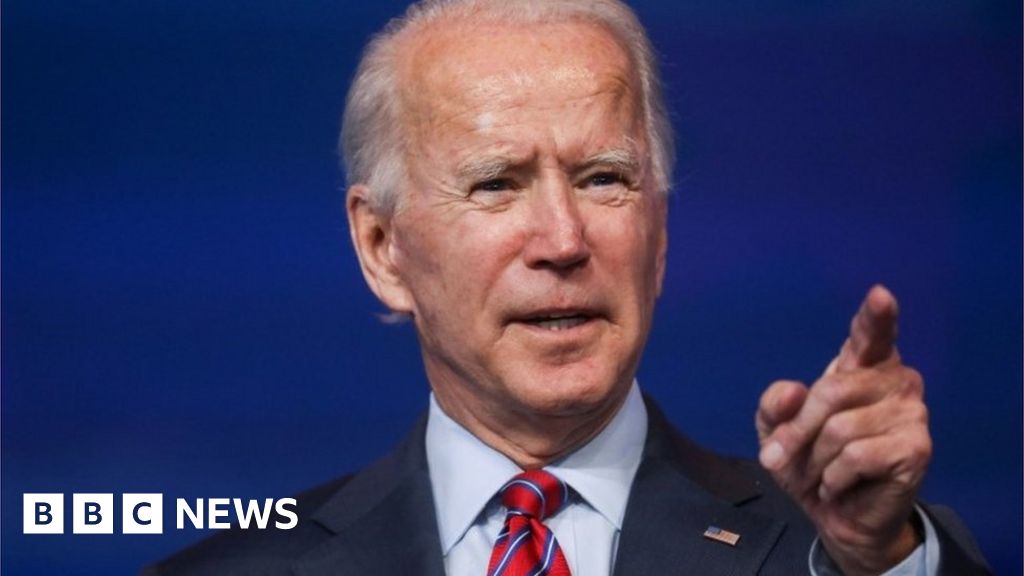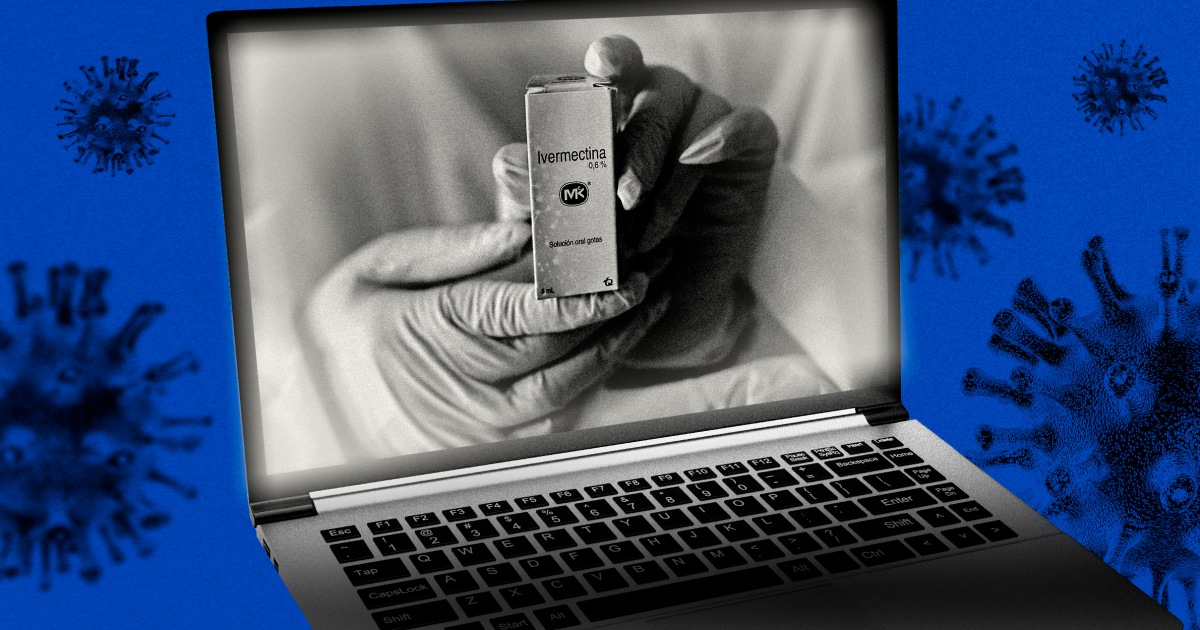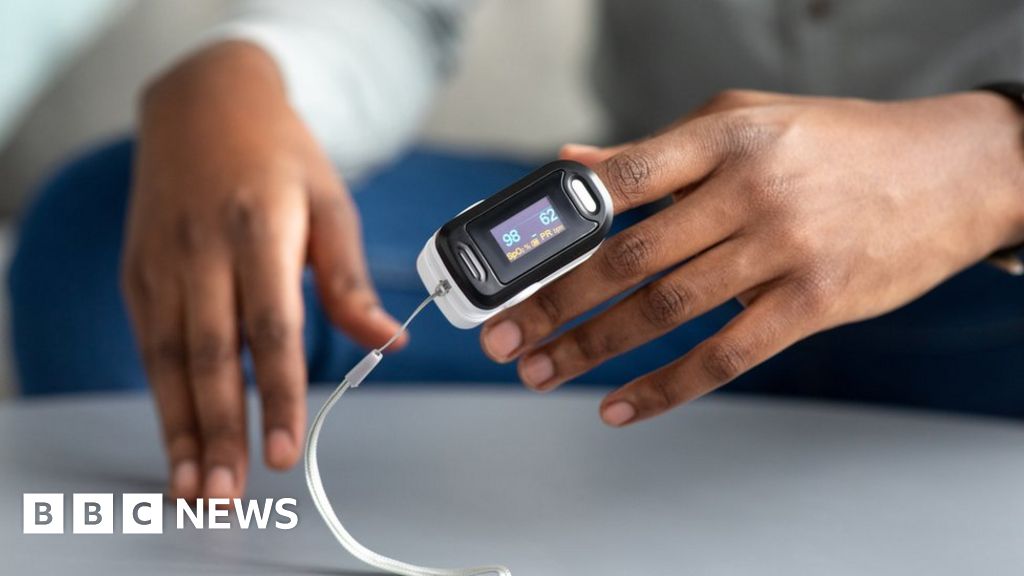
Bad news for Paxlovid? Coronavirus can find multiple ways to evade COVID-19 drug
Prescriptions for Pfizer’s blockbuster drug Paxlovid have skyrocketed in recent weeks. That’s good news for many COVID-19 patients, as the pill has been proven to reduce severe disease from SARS-CoV-2 infections. But a bevy of new lab studies shows the coronavirus can mutate in ways that make it less susceptible to the drug, by far the most widely used of the two oral antiviral drugs authorized to treat COVID-19 in the United States. Researchers have found some of those mutations in variants already circulating in infected people, raising fresh concerns that physicians could soon lose one of their best therapies for fighting COVID-19.
Taken together, the studies show that “when you put pressure on the virus it escapes,” says David Ho, a virologist at Columbia University who was among the first to document drug resistance mutations in HIV some 3 decades ago. Ho was not involved with the new studies but is conducting similar work on SARS-CoV-2. Although the newly identified mutations have yet to become widespread, Ho and many other scientists think it’s only a matter of time. “Given the amount of infections out there, it’s going to come,” Ho says.
The resistance studies come on the heels of other recent concerns about Paxlovid, which in the United States remains restricted to use in people with risk factors making them more likely to develop severe COVID-19. Confirming anecdotal reports widely reported by media, several studies have found a small percentage of infected people who receive the normal 5-day course initially feel better, only to have their symptoms rebound. And questions have grown about whether Paxlovid helps those who aren’t at high risk of serious disease—Pfizer earlier this month halted a large trial of the drug in standard risk COVID-19 patients because it was failing to show statistically significant protection against death or hospitalization.


















